“The Room Next Door”: A Profound Exploration of Friendship and End-of-Life Choices
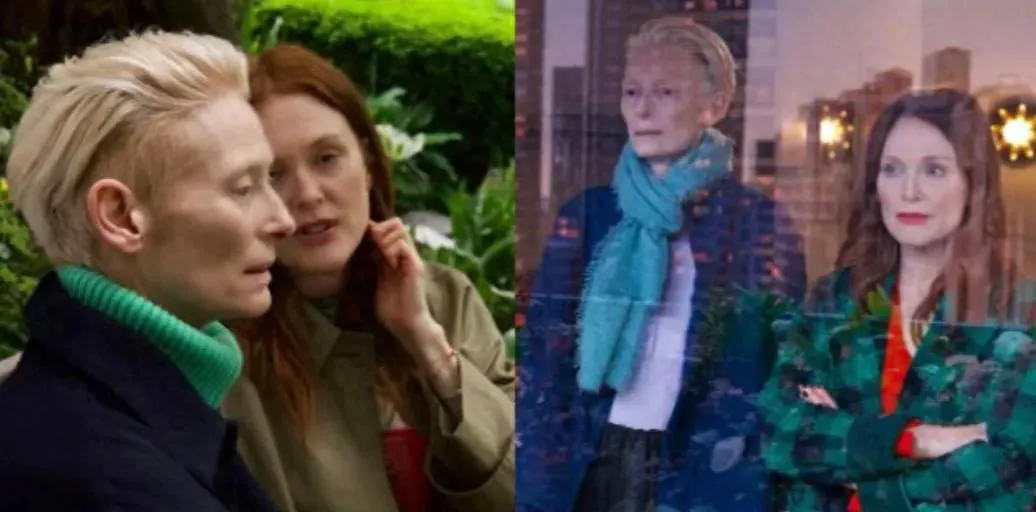
Prepare to be moved by “The Room Next Door,” the latest masterpiece from acclaimed Spanish director Pedro Almodóvar. Starring Oscar winner Julianne Moore and the incomparable Tilda Swinton, this poignant film delves into the complexities of friendship, life, and the right to choose one’s own end. The film has already garnered significant acclaim, winning the prestigious Golden Lion at the 2024 Venice Film Festival. Critics are calling it a deeply moving and luminous work, solidifying its status as a must-see cinematic experience.
“The Room Next Door” tells the story of Ingrid (Julianne Moore) and Martha (Tilda Swinton), two women who were once close friends during their early careers at a magazine. After drifting apart, they unexpectedly reconnect under extraordinary and emotionally charged circumstances, rekindling their bond. Through their shared journey, the film explores profound themes of friendship, mortality, and the importance of individual autonomy. Director Almodóvar has stated his intention to approach these sensitive subjects with subtlety and grace, aiming for a tone that is neither overly sorrowful nor harsh.
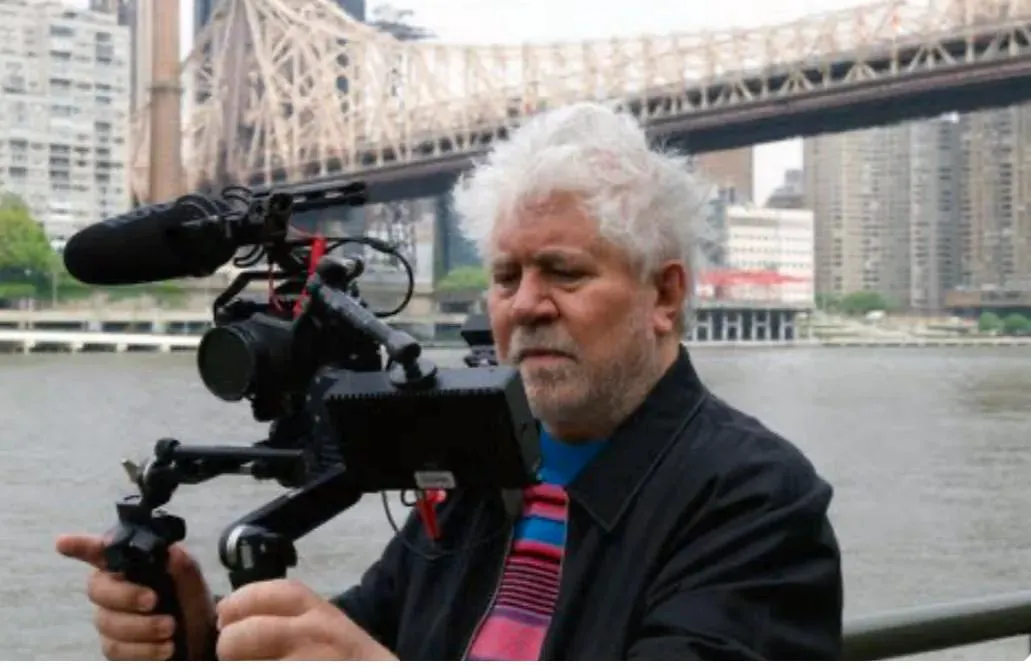
Almodóvar’s Triumph: A Lifetime Achievement Culminates
“The Room Next Door” marks a significant milestone in Pedro Almodóvar’s illustrious career, as it is his first English-language feature film, written and directed by the maestro himself. With over 40 directorial credits and more than 170 awards to his name, Almodóvar’s impact on international cinema is undeniable. Adding to his accolades, he received the Donostia Award for lifetime achievement at the San Sebastián Film Festival this year. The Golden Lion win at the 2024 Venice Film Festival further cements “The Room Next Door” as a pinnacle achievement in his career, marking his first Best Film award at a major film festival.
Exploring Friendship and Self-Determination in the Face of Mortality
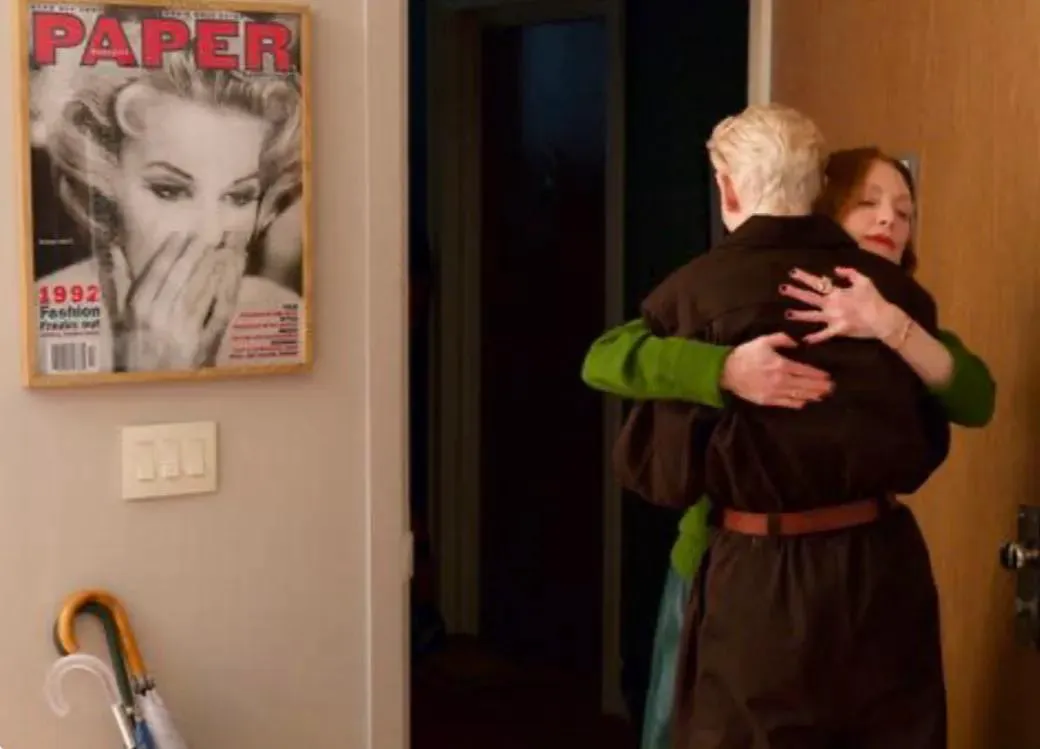
Adapted from the novel “Tell Me How It Ends” by Sigrid Nunez, “The Room Next Door” fearlessly tackles the complex and often-debated topic of the right to die. Almodóvar masterfully navigates the delicate boundaries of life with a minimalist, subtle, and nuanced approach, emphasizing the profound importance of friendship and companionship.
Almodóvar explains, “Although the theme of death is ever-present, I didn’t want the film to feel overly mournful or bleak. I aimed for a sense of lightness and vitality.” The film has resonated with audiences worldwide, earning praise for being “profound and deeply moving,” “penetrating,” and “thoughtful, vibrant, and radiant.”
The director further elaborates, “‘The Room Next Door’ depicts the rekindling of an old friendship under intimate and extreme circumstances. As Martha faces her impending death, her friend Ingrid learns a valuable lesson about acknowledging and accepting death, particularly when it is a choice made by the individual. Ultimately, death is not necessarily the end.”
A Battle of Acting Titans: Moore and Swinton
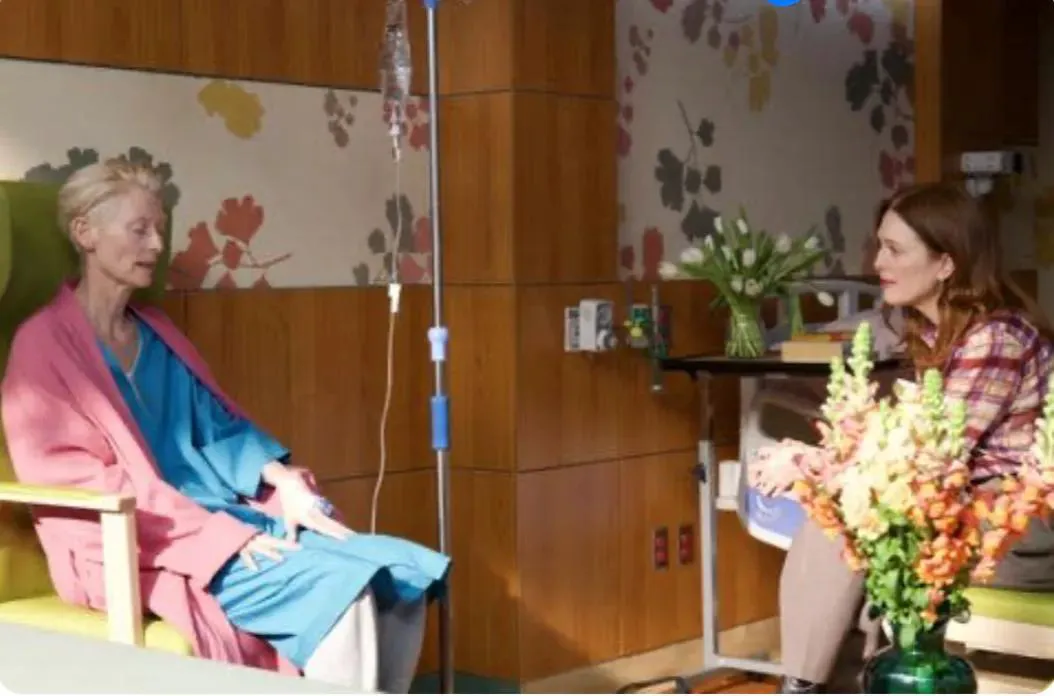
“The Room Next Door” showcases the extraordinary talents of Julianne Moore and Tilda Swinton, two of the most celebrated actresses of our time. They portray long-lost friends who reunite when Martha (Swinton) is gravely ill with cancer. Ingrid (Moore) dedicates herself to being by her side, and the two women engage in heartfelt conversations, reflecting on their life stories, past loves, and family memories. Ingrid witnesses Martha’s physical decline but is also deeply moved by her unwavering determination to make her own choices. Through her friendship with Martha, Ingrid, who has always avoided the topic of death, gains a profound understanding of life’s most important lesson.
Memorable Quotes from “The Room Next Door”

- “I deserve a good death, at least not convulsing before I die, leaving with a little dignity, cleanly.”
- “Do you think I need to say goodbye to a few close friends?” “I think you should do whatever you want.”
- “Have you thought about how you want to spend the rest of your life? Where? Is there a place you want to go?”
- “It’s snowing, falling on lonely cemeteries, drifting slightly in the universe, as if entering the final ending, falling on all the living… and the dead.”

- “I’ve faced death several times, but I’ve always had company. We journalists form a kind of action family, and this is war. I’m not afraid. But, like the last few times I’ve faced death, I don’t want to be alone, Ingrid. I’m asking you, stay with me in the room next door.”
- “I don’t want to be at home, and I don’t want to go back to a place that once made me happy. It’s not wise to go back to a place that truly made you happy; it only ruins the beautiful memories.”
- “No matter what, others want you to keep fighting. We are all taught to fight cancer to the end. This tug-of-war between patient and disease can be said to be a tug-of-war between good and evil. Surviving is being a hero, losing is perhaps not trying hard enough…”
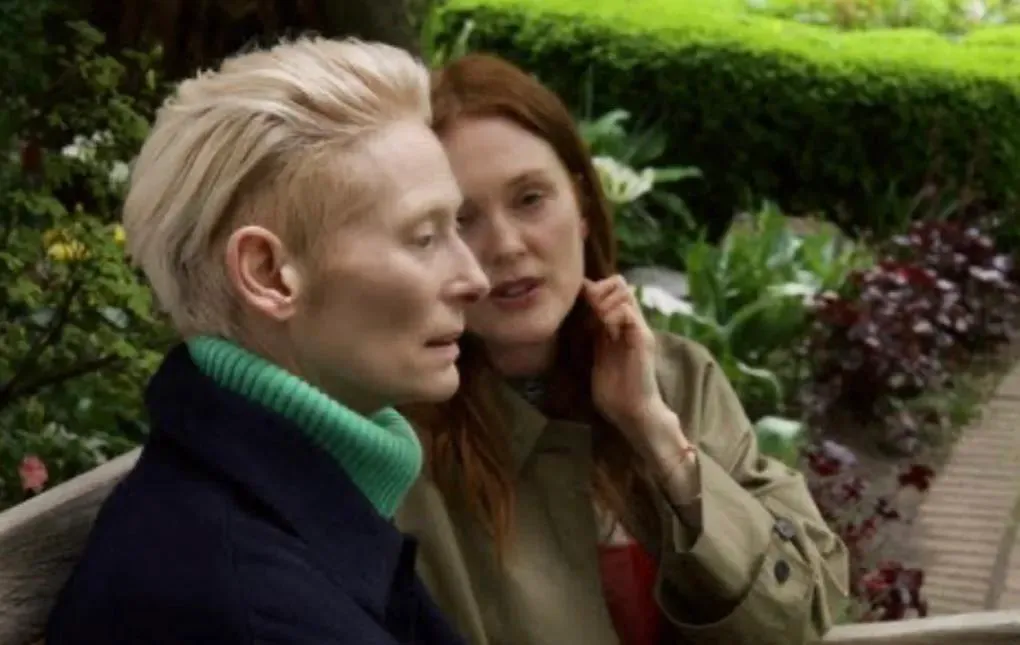
- “People don’t like to use certain words, like terminal or incurable, so-called defeatist rhetoric. Some of the worst ideas come from cancer support groups. Some of them think cancer is a gift, an opportunity for spiritual growth. Bullshit! Everyone should see how I fight. I conquer myself first, and then cancer can’t conquer me. What’s the point of waiting? I’m ready to go.”
- “Even if all the poets in the world sat down to write poetry, writing about the climate crisis, they wouldn’t save a single tree.”
- “I prepare myself every day that Martha will die in bed, but that doesn’t stop me from sharing every moment with her. On the contrary, I learn from her, and you should too, because living fully in tragedy will inevitably be painful, but I can bear it. I try to live in the joy she has, with the same gratitude.”